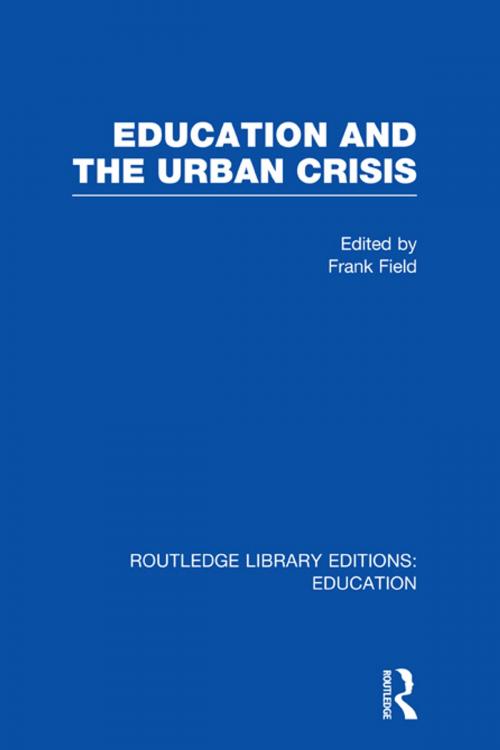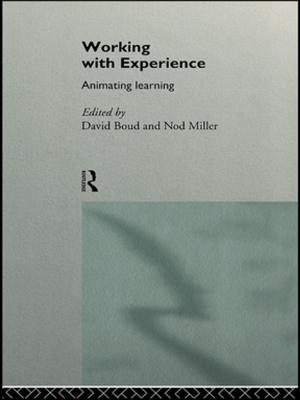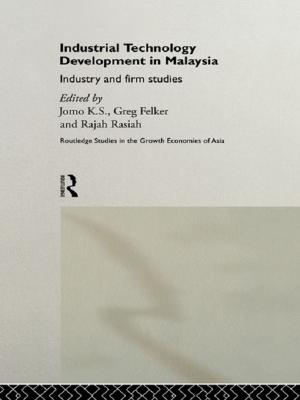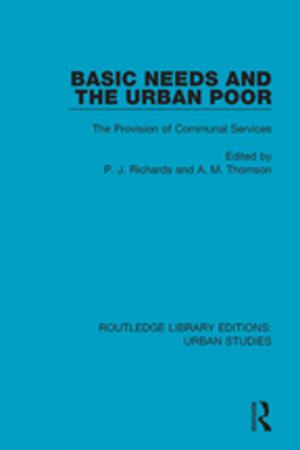Education and the Urban Crisis
Nonfiction, Reference & Language, Education & Teaching, Educational Theory, Educational Reform, Philosophy & Social Aspects| Author: | Frank Field | ISBN: | 9781136669897 |
| Publisher: | Taylor and Francis | Publication: | May 4, 2012 |
| Imprint: | Routledge | Language: | English |
| Author: | Frank Field |
| ISBN: | 9781136669897 |
| Publisher: | Taylor and Francis |
| Publication: | May 4, 2012 |
| Imprint: | Routledge |
| Language: | English |
Based on two conferences, this volume explores trends during the 1960s and 1970s in inner city areas in the United Kingdom. It describes how the inner city is losing jobs and skilled workers and, as the population falls, the number of disadvantaged people and those claiming benefits is increasing. To what extent, the book asks, does the educational system contribute to or alleviate Britain’s urban crisis? In answering this question, the contributors examine the complex interrelationships between educational, economic and social problems, and point out that one of the major weaknesses of the present educational system in Britain is that it is in no way linked to the labour market. They suggest how schools could be better linked to local employment opportunities while at the same time offering more culturally varied educational opportunities. They also analyze Britain’s urban programme and show that it in no way matches up to what is required if poverty – which is seen as the root of the urban crisis – is to be eradicated.
Based on two conferences, this volume explores trends during the 1960s and 1970s in inner city areas in the United Kingdom. It describes how the inner city is losing jobs and skilled workers and, as the population falls, the number of disadvantaged people and those claiming benefits is increasing. To what extent, the book asks, does the educational system contribute to or alleviate Britain’s urban crisis? In answering this question, the contributors examine the complex interrelationships between educational, economic and social problems, and point out that one of the major weaknesses of the present educational system in Britain is that it is in no way linked to the labour market. They suggest how schools could be better linked to local employment opportunities while at the same time offering more culturally varied educational opportunities. They also analyze Britain’s urban programme and show that it in no way matches up to what is required if poverty – which is seen as the root of the urban crisis – is to be eradicated.















